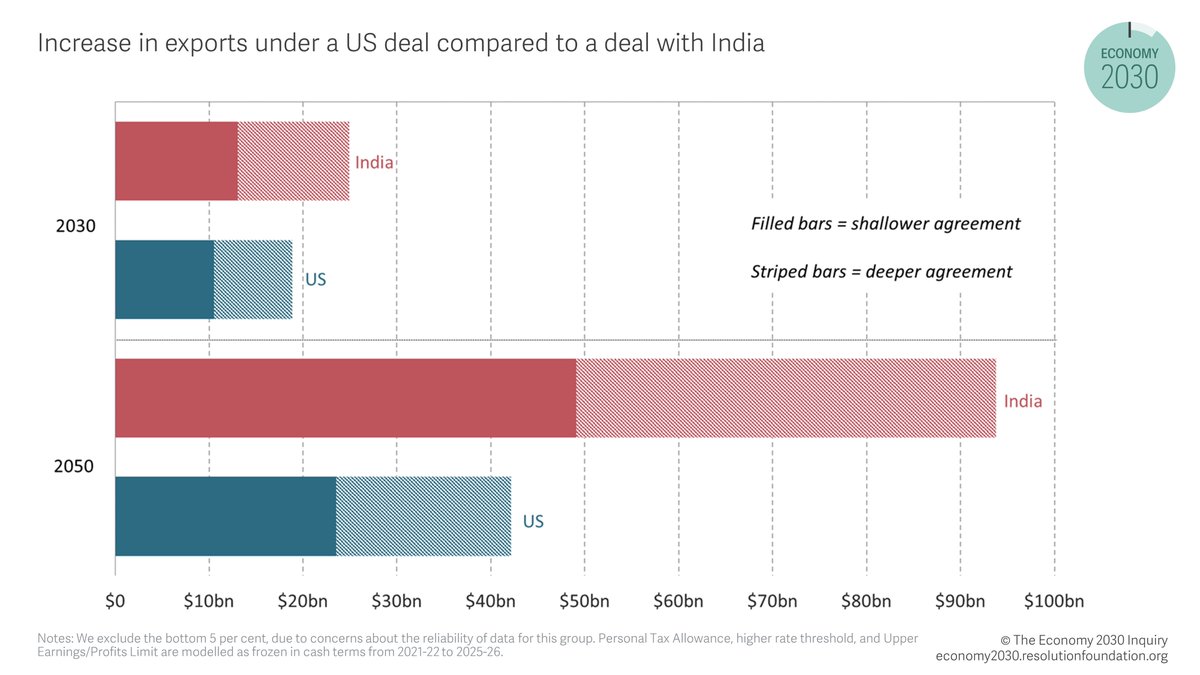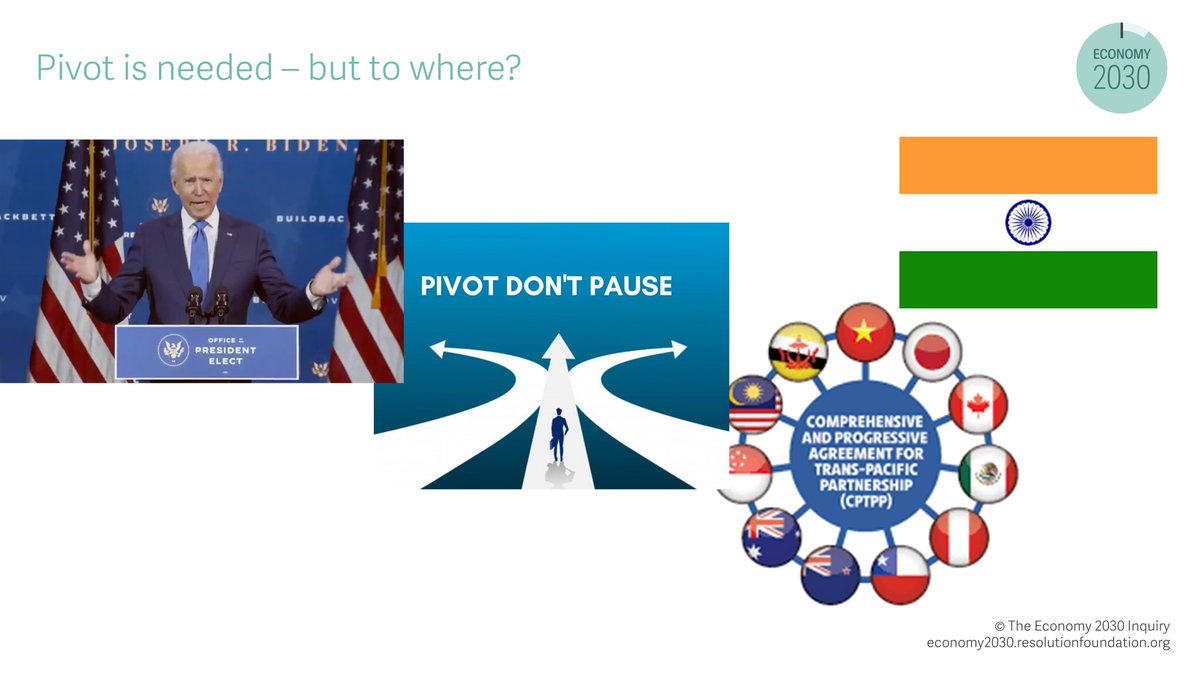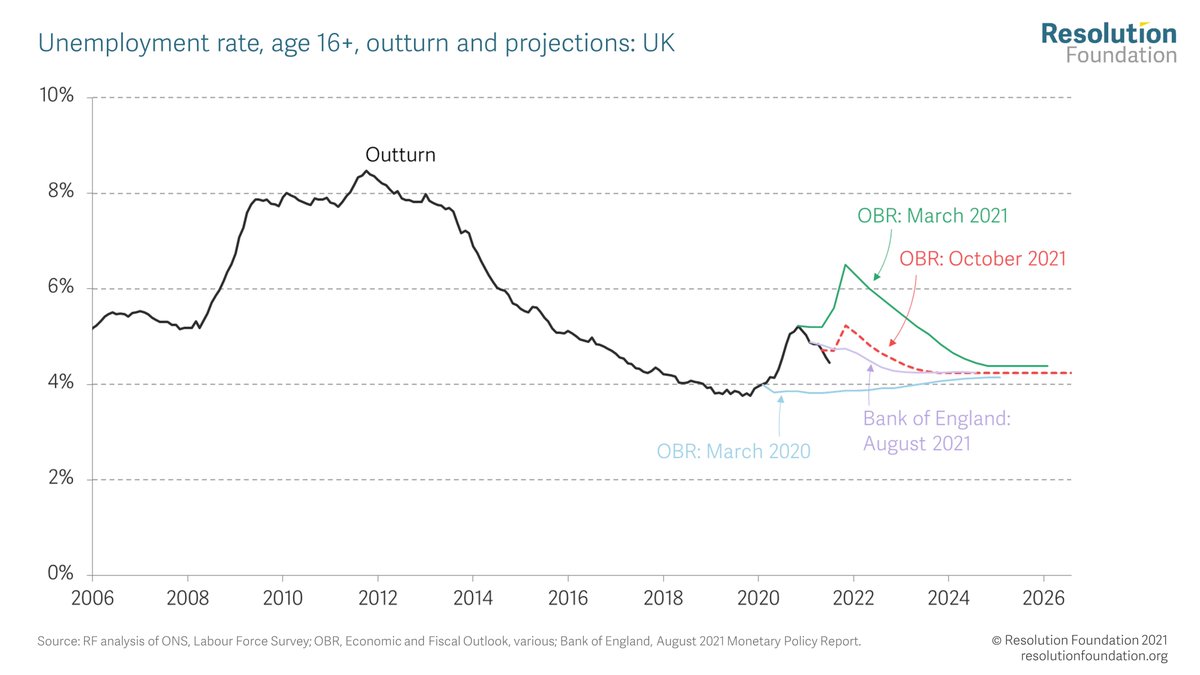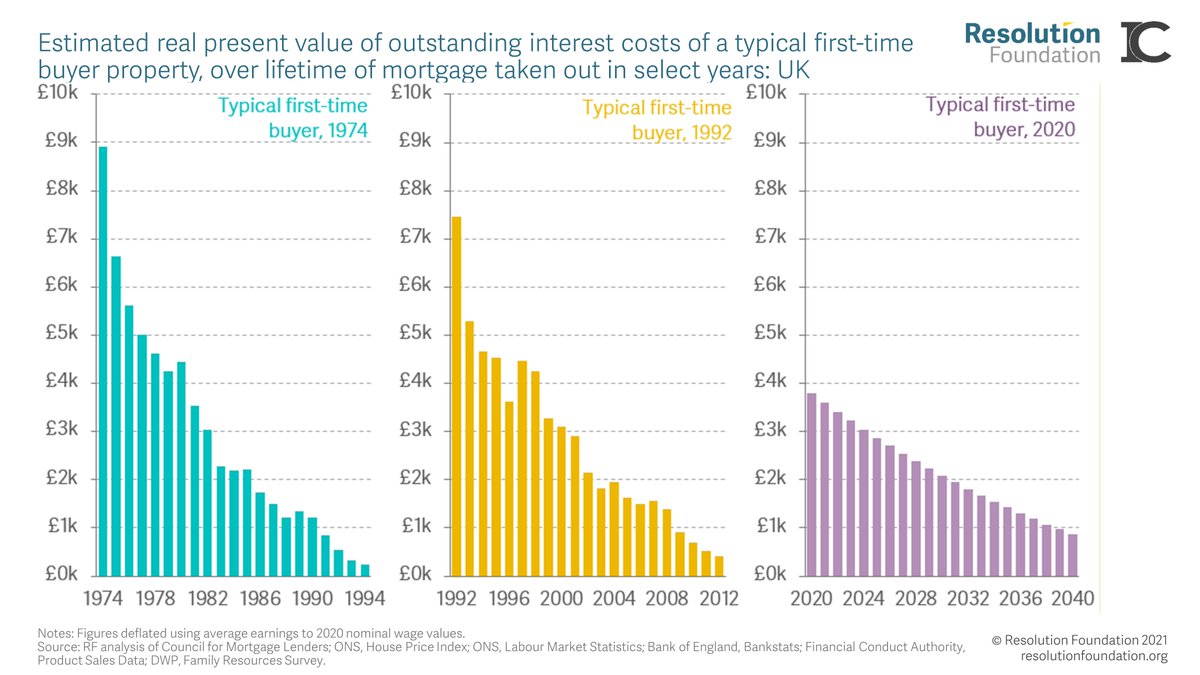
New WorkerTech newsletter from @EmmaSelinger out today, with the latest Workertech news, including valuable insights from @UfiTrust on how tech innovations can help workers to access effective and flexible training in order to prosper at work. Read it here resolutionfoundation.org/comment/worker…
Digital technology plays an essential role in helping develop new tools and approaches to learning for work, with companies such as @learnerbly, @SonicjobsApp and @getupskillme already developing skills and training solutions. 
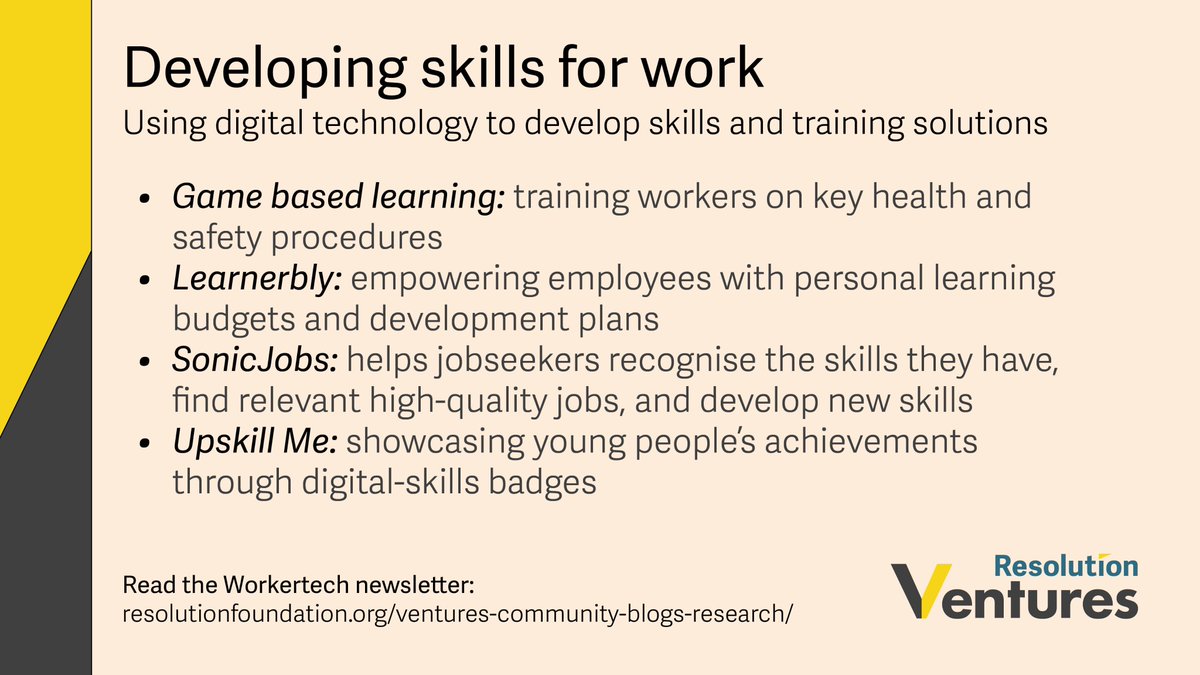
If you have an idea for how to transform learning for work, @UfiTrust #VocTechSeed applications are open now until 9 Feb 2022 for grants of up to £50,000, with pre-application workshops available. Find out more about the grant fund at ufi.co.uk/seed
This month’s WorkerTech stories features @ShareAction’s Workforce Disclosure Initiative providing investors with info on companies' working conditions, @CooperativesUK on how co-operatives can transform work for young people, and @nesta_uk on tackling inequalities in the sector. 

And don’t forget that you can apply for direct investment from Resolution Ventures. We accept applications from WorkerTech ventures on a rolling basis - or you can book a slot in our office hours for an initial conversation. resolutionfoundation.org/ventures-apply…
Read the full newsletter here: resolutionfoundation.org/comment/worker…
If you enjoyed it, make sure to subscribe to our mailing list to keep up-to-date with the latest Workertech news:
…olutionfoundation.us2.list-manage.com/subscribe?u=ac…
If you enjoyed it, make sure to subscribe to our mailing list to keep up-to-date with the latest Workertech news:
…olutionfoundation.us2.list-manage.com/subscribe?u=ac…
• • •
Missing some Tweet in this thread? You can try to
force a refresh



